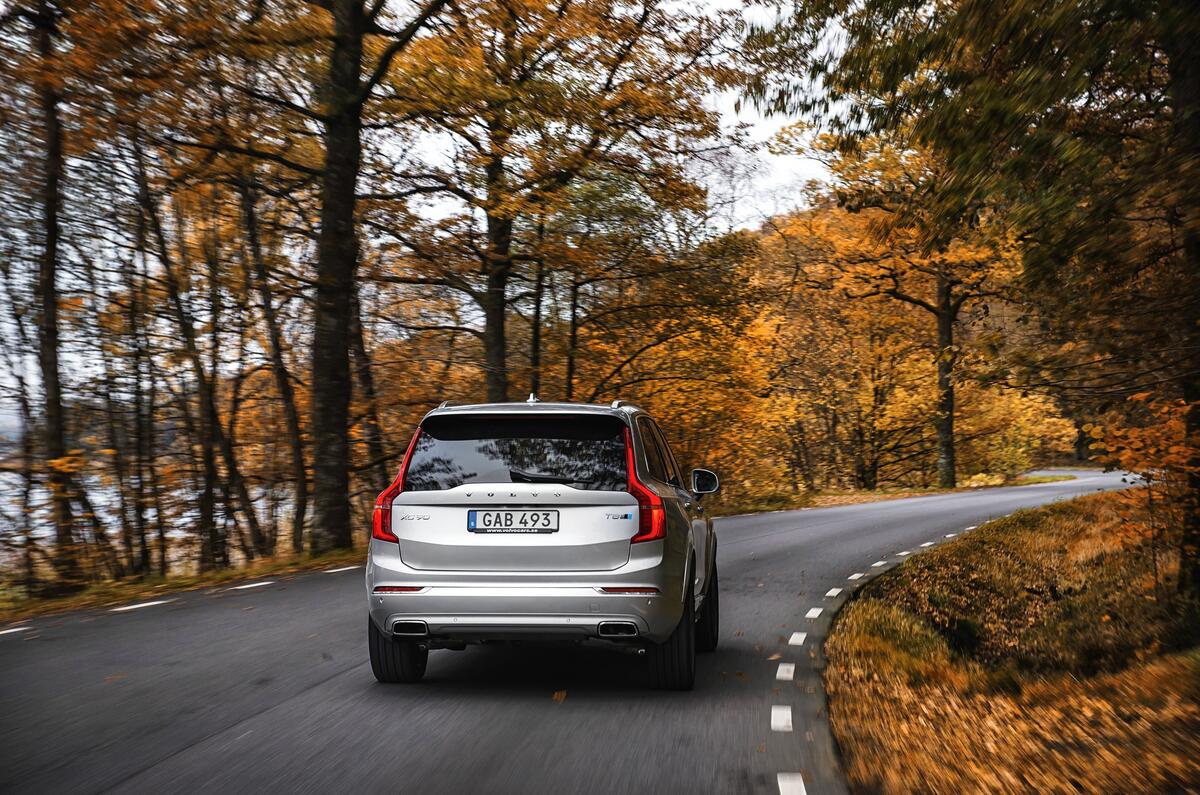Volvo announced this morning (5 July) that, from 2019, every model it launches will be electrified, marking the end of the internal combustion engine as we know it.
What a bold move! No other manufacturer I’ve spoken to recently has been willing to rule out traditional petrol and diesel engines in their line-ups for the next decade, which always gives me the distinct impression that most of the industry is hedging its bets.
In today’s announcement, Volvo boss Håkan Samuelsson stated: “This is about the customer. People increasingly demand electrified cars and we want to respond to our customers’ current and future needs.”
Which got me thinking. Is he right? Broadly speaking, yes. Electrified sales are rising and therefore demand is increasing. But are you writing off an entire section of the car-buying public by failing to offer traditional engines?
Mine is not a scientific investigation, it’s merely an anecdotal story across generations. My brother, who always wants the latest technology, desires an all-electric car but there’s not a suitably priced one that ticks all the other boxes (boot space for the accoutrements of two young children etc). Instead, he’s opting for a plug-in hybrid and we’ve discussed that, in three years’ time, when the lease deal ends, there will likely be a suitable all-electric model for him.
My retired dad is also thinking about a new car. He certainly wouldn’t go all-electric but he is interested in hybrids. None of the cars he likes offer hybrids for now. His purpose is to save money but, then, whose isn’t? Just because you’re not an eco-warrior doesn’t mean you’re not going to buy electrified cars.
And so, I reckon Samuelsson is on to something here. These are cars that are launching from 2019, giving consumers another two years to get their heads around electrified cars. And because of launch cycles, Volvo’s model range will probably take until the mid-2020s to fully update with only electrified versions.
Let’s not forget Volvo’s recently announced Polestar electrified performance brand, which will help fly the flag for cool electrified cars, too.






Join the debate
Add your comment
When we get to the stage when
Re: Racinggreen
Practicality
I could get three sets in a skoda Octavia. Even ordinary SUVs had a limited choice of 3 models, all bigger than the Octavia .
Of course it’s too soon for